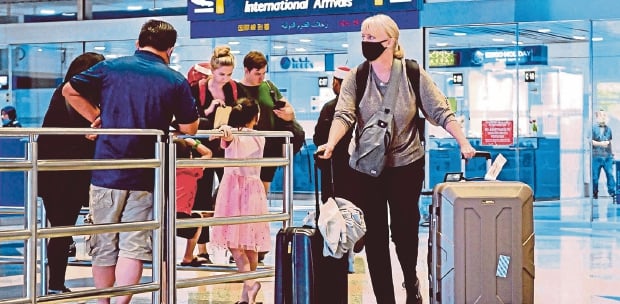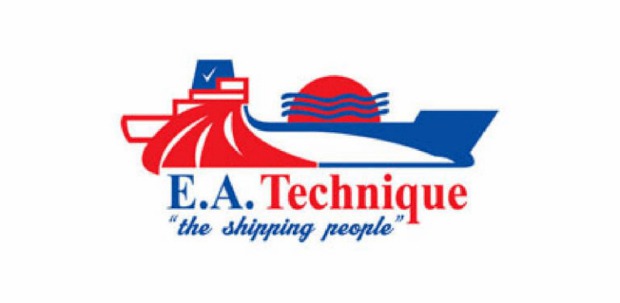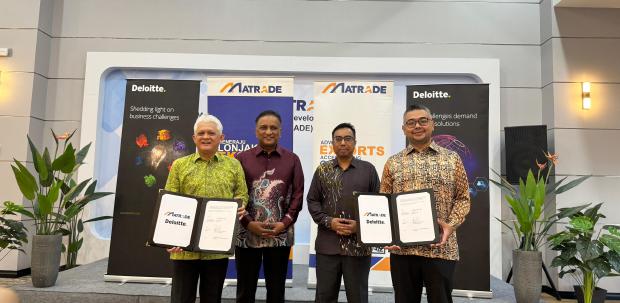KUALA LUMPUR: The revised investment tax allowance (ITA) will motivate small and medium enterprises (SMEs) to strategically reinvest in their businesses.
KPMG in Malaysia partner and head of indirect tax Ng Sue Lynn said ITA motivates companies that have completed their reinvestment allowance eligibility period to enhance capacity and invest in high-value activities, in line with the New Industrial Master Plan 2030 (NIMP 2030).
Ng, who is also a member of the Association of Chartered Certified Accountants (ACCA), said although the complete guidelines are not available yet, the eligible rate will be established through an outcome-focused method.
"SMEs can apply to the Malaysian Investment Development Authority (MIDA) from Jan 1, 2024 to Dec 31, 2028," she said in a statement.
She pointed out that SMEs can benefit from a specific deduction of RM50,000 per year of assessment (YA) from YA 2024 to YA 2027 to facilitate its implementation.
"Some existing reliefs are still available, albeit with tightened eligibility. These include the start-up tax rebate, concessionary income tax rates and special capital allowance," said Ng.
She highlighted that micro-credit loans below RM50,000 are exempted from stamp duties.
"Moreover, the Digitalisation Grant Scheme is a recent collaboration between the Malaysia Digital Economy Corporation, Bank Simpanan Nasional and the Malaysian Communications and Multimedia Commission.
"It offers a 50 per cent matching grant, capped at RM5,000 per entity, to help SMEs with digitalisation," she added.
Ng acknowledged the effort required to stay informed about current taxation requirements, suggesting participation in training sessions, workshops, and seminars organized by tax authorities like Lembaga Hasil Dalam Negeri and the Customs Department.
"On that note, I would say these are the three most important things that SMEs need to do when it comes to filing taxes.
"First, revisit the status of your company to ensure it remains compliant with various regulatory requirements.
"Second, before claiming any incentives, make sure that your company meets the eligibility criteria, as most incentives have conditions. Third, do not wait until the last minute to get your paperwork in order," advises Ng.
Ng advises business owners to explore the LHDN portal for a thorough understanding of e-invoicing, which will be compulsory for all businesses by July 1, 2025, as they gear up for the eventual shift to electronic invoicing.
"When equipped with the relevant knowledge, business owners can take the next steps such as educating their staff and key stakeholders on the new requirements, and conduct regular assessments on business operations to ensure compliance with the issuing and receipt of invoices," she adds.
Ng also emphasised that with SMEs facing a deadline, it is essential for companies to assess their enterprise resource planning (ERP) systems to ensure compatibility with LHDN and the ability to issue e-invoices.





